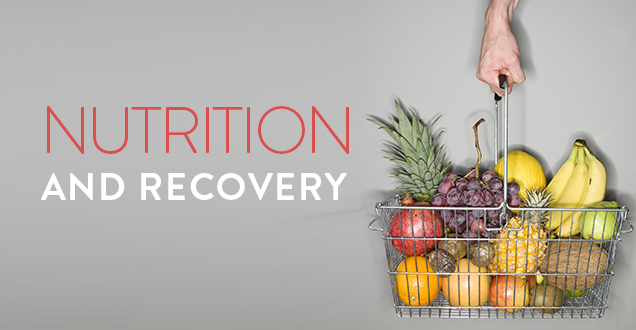
Eating food for nutrients and energy is essential to sustaining life. All cell, organ, and bodily functions require specific nutrients to function properly. These nutrients help maintain hundreds of things like healthy energy, sleep, skin, immune system, brain function, mental clarity, heart health, mood, and even relaxation. Human beings are complex and one system impacts and effects other bodily systems. Without nutritious food, not only are we not physically healthy, but our mental and emotional health can also be impacted. Thus, while nutrition is perhaps not usually the central focus of a substance abuse recovery program, it is actually an important subsidiary and foundational aspect that can support a faster restoration to health in the short-term and much greater recovery success in the long-term.
Diet Suffers from Substance Abuse
When people struggle with substance abuse, eating a balanced diet is often one of the things that go by the wayside. Mealtimes may become extremely irregular, and people may resort to fast food and convenience foods instead of cooking healthier options. Different types of substances also negatively impact the body’s absorption of nutrients and general health. Opiate-derived drugs, for example, frequently have a negative effect on the digestive system. Alcohol often leads to deficiencies of several important nutrients, such as calcium and B vitamins, as well as damaging the liver and pancreas, both of which are critical to a healthy metabolism. Abuse of stimulants such as cocaine or methamphetamine can suppress appetite while stimulating a person to be excessively active for long periods of time, often resulting in significant nutritional deficiencies, dehydration, and substantial weight loss. Finally, marijuana abuse can increase the appetite, leading to weight gain and its associated health problems.
Good Nutrition Supports Recovery
Restoring healthier eating habits and learning better self-care helps individuals to recover from substance abuse in multiple ways. Providing the body with the nutrients it needs helps:
- Enhance the detoxification process and heal damage
- Restore energy and mood more quickly
- Bring more clarity to thought process
One common effect of substance abuse is that regardless of whether the substance physiologically suppresses appetite, self-care is usually decreased and eating is no longer an important concern. They may start to interpret physical signals like hunger as cravings for drugs or alcohol and take those instead of eating. People who are recovering from drug or alcohol abuse need to relearn how to interpret these physical signals as hunger instead of a craving for drugs.
Eating, in terms of contributing nutrients and the impact on energy, brain chemistry, and hormone balance, can have significant effects on mood. Therefore, providing someone who is recovering from substance abuse with regular, nutritious meals helps their physical as well as psychological recovery. Along with medication management, sleep, hydration, exercise, and emotional intelligence, an integrative recovery program that includes nutrition can help a person’s mind and body naturally start to feel better so that relapse is less likely. Again, it is not the only factor. However, the reverse is also true — people who continue to have poor eating habits are more likely to return to substance abuse. Those recovering from substance abuse need every advantage they can get, and good food is one of those important factors. Eating well makes everyone feel better, and feeling better physically and mentally is critical to helping people leave substance abuse behind them.



